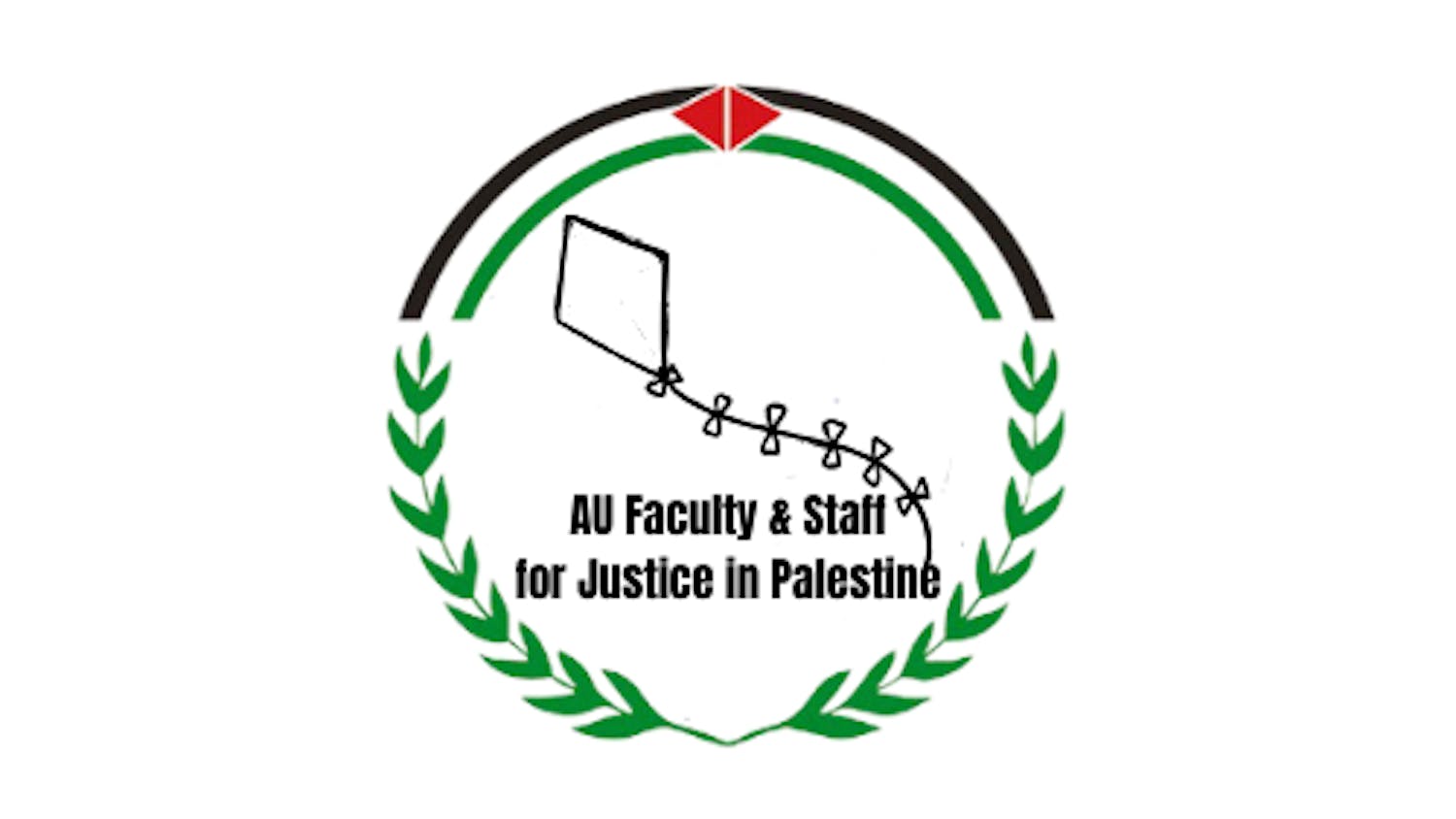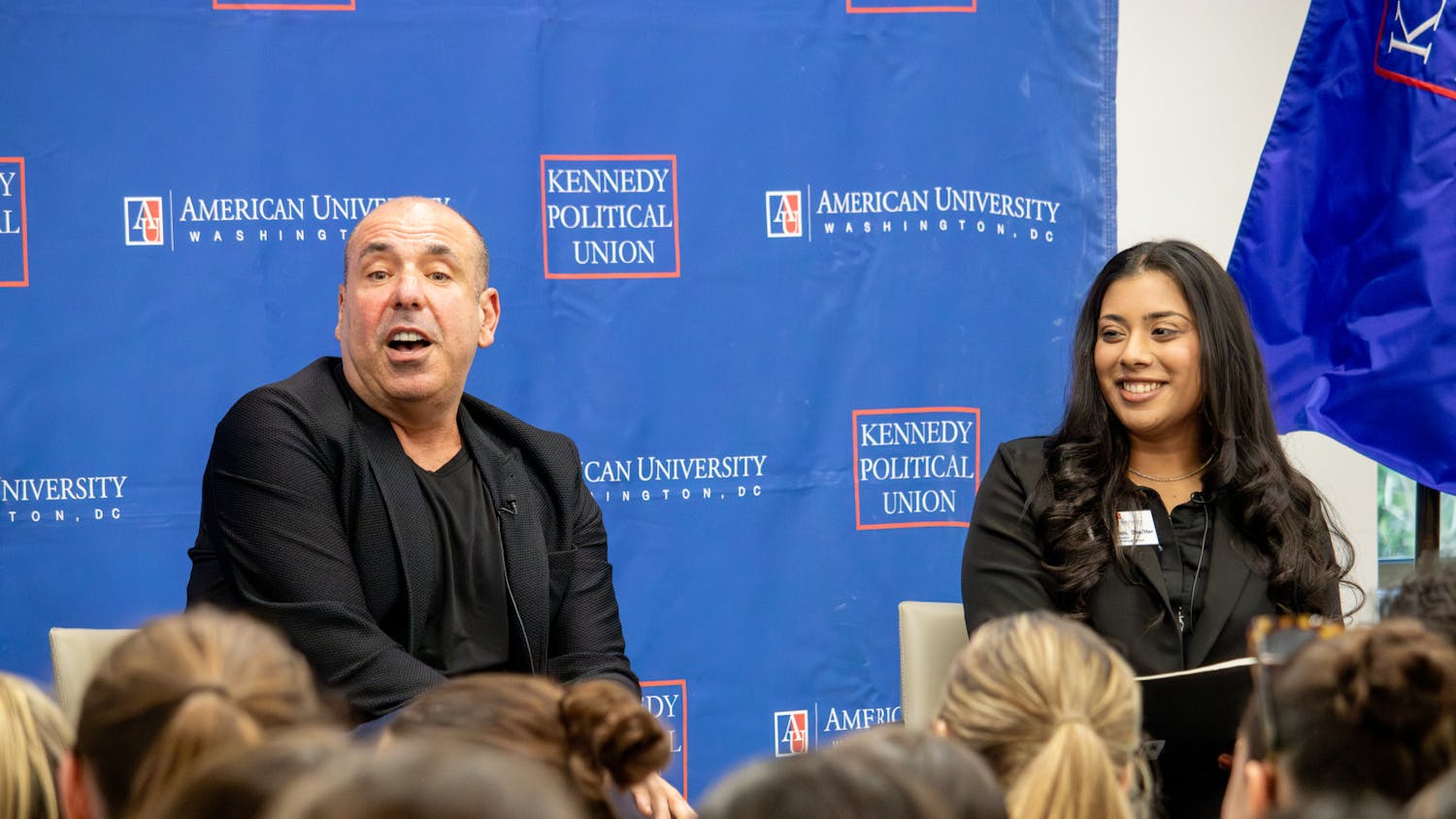Oftentimes in activism, particularly (but by no means exclusively) student activism, people like to describe themselves as student leaders. They adopt positions of responsibility and visibility and can come to represent a movement in the eyes of the student body, the administration and the members of the movement itself.
Their “leadership” hurts their movement, sometimes irrevocably.
I’ve been at AU for nearly four years now, and I’ve been involved in student activism and organizing movements for most of that time. In that time, I’ve seen the emergence of “student leaders,” a term I’d previously only heard in the proverbial halls of Student Government. The concept has quickly taken root in student activism groups, with many of these new student leaders being direct transplants from SG. I believe this to be detrimental to student movements in several ways, on top of making them boring.
People who identify themselves as student leaders, I have observed, are frequently motivated by personal gain. Some students leaders seek their positions so they can put it on their resume or talk about it in interviews for campaign positions. For these people, leadership is a stepping stone. This is not to say that student leaders don’t care about the causes they’re a part of. They’re just willing to use the cause to further their own careers.
When people become “student leaders” on campus, their words gain power. A movement that previously valued the input and perspective of all of its members becomes hierarchical when a leader takes over, and the words of the leader matter more than those of the members. Suddenly, members of the movement simply defer to the leader when it comes time to make decisions. Those outside the movement, like the public and media, also defer to the leaders to make statements to represent the movement. Leaders are often politically more centrist than members are, so their unofficial power actively waters the movement down.
By representing the movement, these leaders create vulnerabilities for the movement. University administration seeks to placate and appropriate them to bring the movement into its own fold rather than allow the movement to demand change. Movements threaten large institutions, and enveloping a movement within an institution neutralizes the threat. Similarly, organizations or institutions which could have eventually come to be the target of the movement seek to recruit the leaders, to prevent the movement from becoming a threat later.
Many times, leaders don’t even realize what they are doing to the movement. They don’t recognize that the administration wants the time and assistance of the movement so that it is working for the administration, rather than against it. Internally, they are so used to getting their way that they don’t realize they’re changing the movement based on nothing but their own opinions.
In this, the leaders make their movement vulnerable to being co-opted, and they slow it down. Large-scale actions, like marches, are put on hold so that student leaders can meet with the administration. Variety of tactics disappears, replaced with the favorites of the leaders. The movement takes same approach to every issues, one mode of thought about how to pursue change becomes an unquestioned norm, and the movement becomes a matter of procedure. Ascendant leaders can undo months of organizing work by jumping the gun, because they’ve decided that they’re a leader and that they don’t like the way a movement is headed.
Leadership issues apply regardless of the scope of the movement, whether or not it is student-based. Arguably the most successful workers’ movements in history, the Russian Revolution, transformed from a triumphant revolution into a despotic police state after a small group of intellectuals who appointed themselves as the vanguard of the people rose to power.
Gloria Steinem, one of the biggest names in the women’s liberation movement, worked with the CIA to further the goals of the CIA internationally; namely, American dominance.
DeRay Mckesson, a prominent figure in the Black Lives Matter Movement, pushes education privatization as being on par with the Free Breakfast for Children Program of the Black Panther Party. He also (purely coincidentally, I’m sure) received a $10,000 award from the massive Teach For America organization, his employer before, during, and after Black Lives Matter emerged.
It’s difficult to see how TFA, an organization that sends (overwhelmingly white) inexperienced non-teachers into already struggling school districts, taking public funds while displacing local teachers and enabling salary slashing and union-busting for the remaining teachers, is at all comparable to the Black Panther Party providing free lunch to hungry kids in their community.
If real grassroots change is to occur, movements cannot allow themselves to fall under the sway of opportunists. Even if those leaders truly believe that they have the best interests of the movement at heart, and that their leadership will help the movement, they are wrong. They believe themselves more capable than the combined power of the rest of their movement. They seek to build their own power on the backs of their comrades, rather than building power for the class of people that they belong to.
If we want to win, if we want to build a better world, we must step up and do it ourselves. No one knows enough to guide us there, and the world they guide us to may not be the one we set out for in the first place.
***
Zach Moore is a senior in the School of Communication.
edpage@theeagleonline.com




